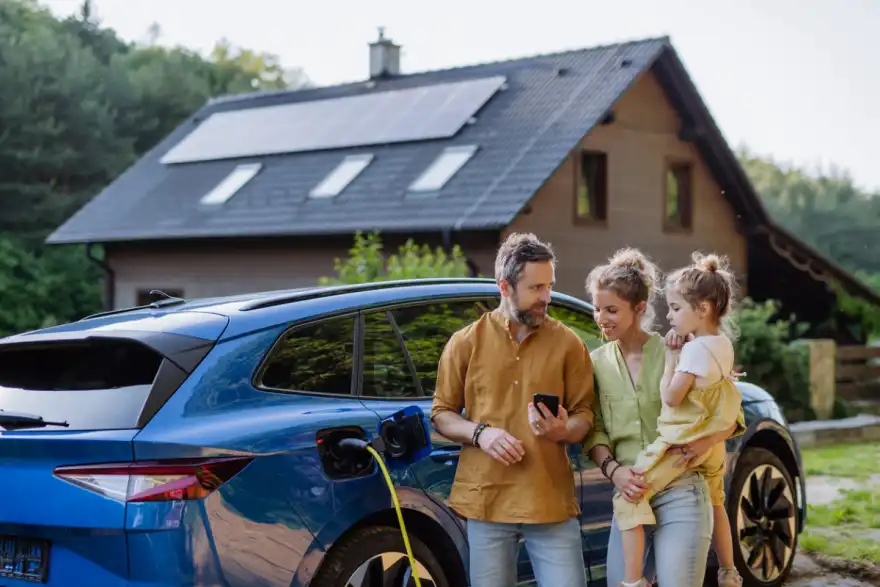
The government might be about to scrap a tax that’s been making electric cars more expensive – and it could be a game-changer for anyone thinking about going electric.
Known as the “Expensive Car Supplement” (ECS), it’s basically an extra charge you pay if you buy a new car that costs more than £40,000 – including EVs. And with most new electric cars already costing more than petrol or diesel ones, that tax has made EVs even harder to afford for a lot of people.
Now, thanks to a leaked letter from Labour's Roads Minister Lilian Greenwood, it looks like the government is planning a U-turn. She says the tax might be ditched or the £40,000 threshold raised, specifically to make electric cars easier to buy.
Why This Matters
Right now, if your new EV costs more than £40k, you're hit with a five-year tax bill that totals £3,100 on top of your regular road tax. That’s a lot – especially when you’re already paying more upfront for the car.
Car brands like Vauxhall and Abarth have been dropping their prices to stay under the £40k limit. But that means they're losing money on every sale. Not exactly sustainable.
The tax was only added to EVs from April 2025, as part of a broader government plan to tax electric cars the same way as petrol and diesel ones. But it’s already being blamed for killing off sales just when the government needs people to go electric to meet climate targets.
EV Sales Are Struggling
The UK wants 28% of all new car sales to be electric in 2025, rising to 80% by 2030 and 100% by 2035. But here’s the problem: last year, only about 10% of cars bought by private drivers were electric. The rest of the sales mostly came from company fleets.
And it’s not hard to see why. EVs are still expensive, charging infrastructure is patchy, and for people without a driveway – especially in cities – charging at public points can cost way more than filling up with petrol.
Some People Are Already Beating the Tax
Before the new EV tax rules kicked in this April, nearly a quarter of a million electric car owners rushed to renew their road tax early – essentially getting another year of tax-free motoring and saving themselves £195.
It worked. Data shows there was a 1,467% jump in EV tax renewals in March 2025 compared to the year before. That’s almost a £38 million saving across the board.
What Happens Next?
If the government does go ahead with changes to the ECS, it could help make EVs more affordable. But experts say it’s just one small step – the bigger problems, like charging access and price tags, still need real solutions.
So if you’ve been thinking about an EV but are put off by the costs, this could be the start of things getting a bit easier. Just don’t expect miracles overnight.



